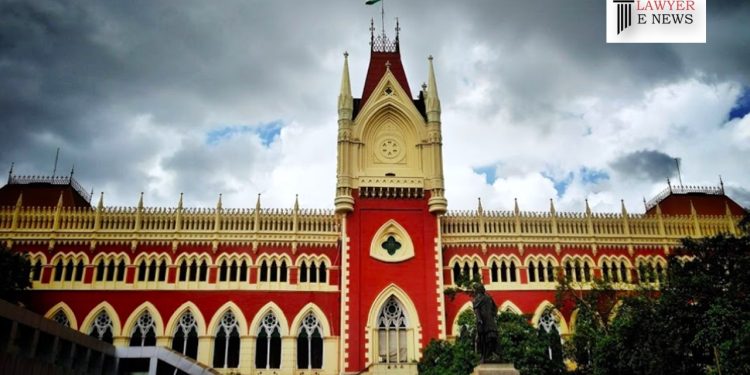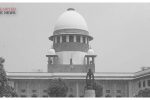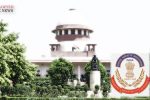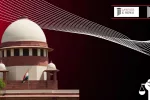UPHOLDS CONVICTION IN POCSO ACT CASE| PROBATION ACT CANNOT BE INVOKED IN CASES WHERE MANDATES A MINIMUM SENTENCE: CAL. HC

In a recent judgment, the Calcutta High Court affirmed the conviction of the appellant, Prakash Shaw, under Section 354(A) of the Indian Penal Code and Section 8 of the Protection of Children from Sexual Offences (POCSO) Act. The appeal, filed by Mr. Kushal Kumar Mukherjee and Mr. Diptangshu Basu, on behalf of the appellant, challenged the verdict passed by the learned 2nd Court of Additional Sessions Judge, Special Court under the POCSO Act in Howrah.
The case revolved around an incident reported by Mrs. Nitu Prasad of 18 Hem Bose Lane, Shibpur, Howrah, who informed the Inspector-in-Charge of the Howrah Police Station that her daughter was subjected to inappropriate touching. The incident allegedly occurred on 28th September 2014, when Mrs. Prasad and her daughter were returning from a market near Mallick Fatak. According to Mrs. Prasad, a boy identified as Prakash Shaw from Hut Lane, Mallick Fatak, Howrah, approached and pawed her daughter. The police were alerted, and Shaw was apprehended at the scene.
The appellant stood trial under Section 8 of the POCSO Act, maintaining his innocence. During the trial, the prosecution presented three witnesses: Mrs. Nitu Prasad (P.W. 1), the victim girl (P.W. 2), and Sub-Inspector Soubhik Majumder (P.W. 3), who submitted the charge sheet after investigation.
Mr. Mukherjee, the counsel for the appellant, argued that discrepancies in the statements of the complainant and the victim cast doubt on the credibility of their testimonies. Additionally, he contended that the incident may have been accidental and lacked criminal intent. It was also highlighted that the victim was not examined by the investigating officer or a doctor.
The High Court, however, found the victim’s testimony to be credible and consistent, dismissing the alleged discrepancies as immaterial. Although the victim was not examined by the investigating officer, her statement was recorded under Section 164 of the Evidence Act before a judicial magistrate, and there was no contradiction between her previous statement and her testimony in court. The court emphasized that the non-examination of the victim by the IO and doctor did not affect the case’s outcome.
Regarding the applicability of the Probation of Offenders Act, 1958, Mr. Mukherjee sought leniency due to the appellant’s age at the time of the offense, his lack of criminal history, and his current responsible conduct. However, the court cited the specific provisions of the POCSO Act, which prescribes a minimum sentence, stating that the Probation Act cannot be invoked in cases where a special enactment after 1958 mandates a minimum sentence.
Considering these factors, the High Court dismissed the appeal and upheld the conviction, imposing a three-year rigorous imprisonment on the appellant. The court directed the appellant to surrender to the jurisdiction of the trial court within 30 days.
The judgment cited several relevant legal authorities, including Alamgir v. NCT Delhi, Lakhvir Singh v. State Of Punjab, State v. Ratan Lal Arora, and Superintendent, Central Excise v. Bahubali, which were relied upon to support the court’s conclusions.
Date of Decision: 21.06.2023
Prakash Shaw vs State of West Bengal and Anr






